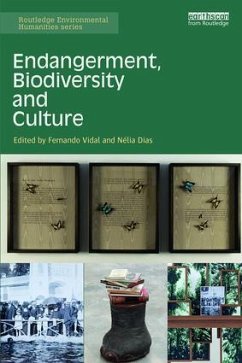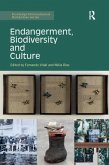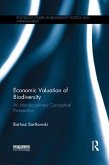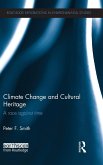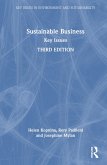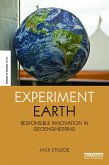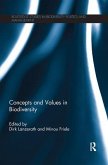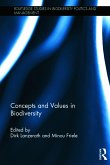The notion of Endangerment stands at the heart of a network of concepts, values and practices dealing with objects and beings considered threatened by extinction, and with the procedures aimed at preserving them. Usually animated by a sense of urgency and citizenship, identifying endangered entities involves evaluating an impending threat and opens the way for preservation strategies. Endangerment, Biodiversity and Culture looks at some of the fundamental ways in which this process involves science, but also more than science: not only data and knowledge and institutions, but also affects and values. Focusing on an "endangerment sensibility," it encapsulates tensions between the normative and the utilitarian, the natural and the cultural. The chapters situate that specifically modern sensibility in historical perspective, and examine central aspects of its recent and present forms. This timely volume offers the most cutting-edge insights into the Environmental Humanities for researchers working in Environmental Studies, History, Anthropology, Sociology and Science and Technology Studies.
Hinweis: Dieser Artikel kann nur an eine deutsche Lieferadresse ausgeliefert werden.
Hinweis: Dieser Artikel kann nur an eine deutsche Lieferadresse ausgeliefert werden.

